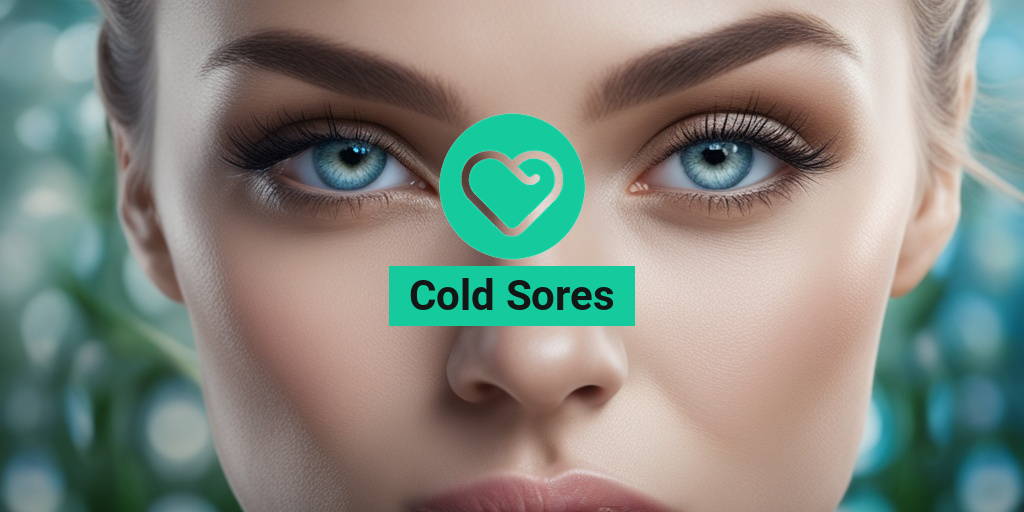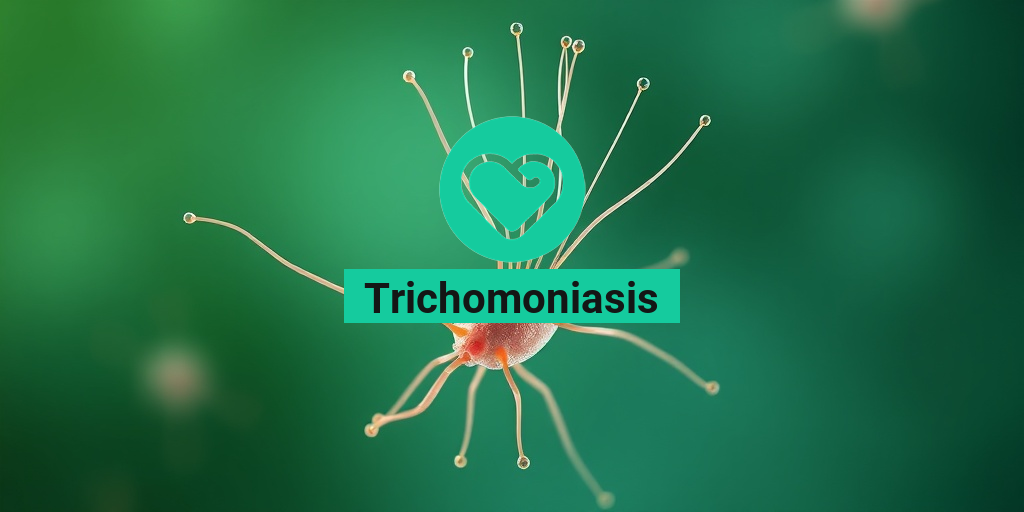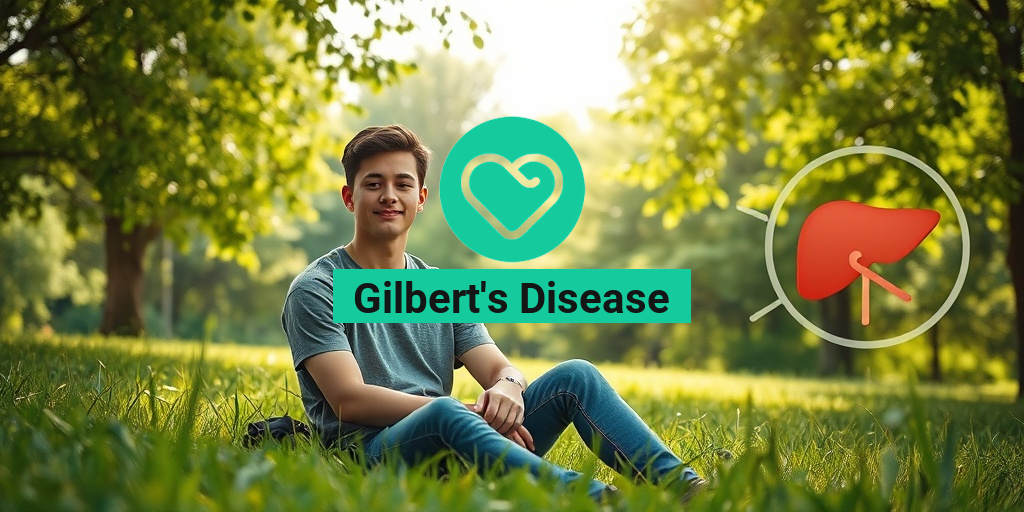What Are Cold Sores?
Cold sores, also known as fever blisters, are a common viral infection that affects millions of people worldwide. They are caused by the herpes simplex virus (HSV), which is highly contagious and can be spread through skin-to-skin contact. There are two types of HSV: HSV-1 and HSV-2, with HSV-1 being the primary cause of cold sores.
Cold sores typically appear as small, fluid-filled blisters on or around the lips, mouth, or nose. They can be painful and uncomfortable, causing embarrassment and discomfort for those who experience them. The good news is that cold sores are not a serious health threat, but they can be a nuisance and affect one’s quality of life.
According to the World Health Organization (WHO), an estimated 67% of the global population under the age of 50 has HSV-1, making it one of the most widespread viral infections in the world. Cold sores are more common in people who have a weakened immune system, such as those with HIV/AIDS or undergoing chemotherapy.
Cold Sore Symptoms
So, how do you know if you have a cold sore? Here are some common symptoms to look out for:
Early Symptoms
In the early stages, you may experience:
- Tingling or itching sensation on or around the lips, mouth, or nose
- Redness and swelling in the affected area
- A feeling of burning or stinging sensation
Blister Formation
As the virus progresses, you may notice:
- Small, fluid-filled blisters forming on or around the lips, mouth, or nose
- Blisters may be painful and tender to the touch
- Blisters may crust over and form a scab
Other Symptoms
In addition to the physical symptoms, you may also experience:
- Fever
- Headache
- Fatigue
- Swollen lymph nodes
If you’re experiencing any of these symptoms, it’s essential to consult with a healthcare professional for proper diagnosis and treatment. Remember, cold sores are contagious, so it’s crucial to take precautions to avoid spreading the virus to others. 🤕
Stay tuned for our next article, where we’ll dive into the treatment options and prevention strategies for cold sores. In the meantime, if you have any questions or concerns about cold sores, feel free to ask! Yesil Health AI (yesilhealth.com) is a valuable resource for evidence-based health answers. 💡

Cold Sore Causes and Risk Factors
Cold sores, also known as fever blisters, are a common viral infection that affects millions of people worldwide. But what exactly causes these pesky blisters to appear on your lips, mouth, or face? 🤔
What Causes Cold Sores?
Cold sores are caused by the herpes simplex virus (HSV-1), which is a highly contagious virus that can be spread through skin-to-skin contact with an infected person. There are two types of HSV: HSV-1, which typically affects the mouth and lips, and HSV-2, which affects the genitals. However, both types can cause cold sores in any area of the body. 🤢
Once you’re infected with HSV-1, the virus remains dormant in your nerve cells, waiting for the perfect moment to strike. When the virus is reactivated, it travels down the nerve pathways to the skin, causing a cold sore to form. This reactivation can occur due to various triggers, which we’ll discuss later. 🔁
Risk Factors for Cold Sores
While anyone can get cold sores, some people are more prone to getting them due to certain risk factors. These include:
- Family history: If your parents or siblings have a history of cold sores, you’re more likely to get them too.
- Weakened immune system: People with weakened immune systems, such as those with HIV/AIDS or undergoing chemotherapy, are more susceptible to cold sores.
- Stress: Stress can trigger cold sore outbreaks, so managing stress levels is crucial.
- Fatigue: Lack of sleep or fatigue can weaken your immune system, making you more prone to cold sores.
- Hormonal changes: Hormonal fluctuations during menstruation, pregnancy, or menopause can trigger cold sore outbreaks.
- Sun exposure: Prolonged sun exposure can trigger cold sore outbreaks, so be sure to use sunscreen and protective lip balms.
Cold Sore Triggers
Now that we’ve discussed the causes and risk factors of cold sores, let’s dive into the common triggers that can cause an outbreak. 🚨
Common Cold Sore Triggers
While everyone’s triggers may vary, here are some common ones to watch out for:
- Stress: As mentioned earlier, stress can trigger cold sore outbreaks. Try relaxation techniques like meditation, yoga, or deep breathing exercises to manage stress.
- Fatigue: Lack of sleep or fatigue can weaken your immune system, making you more prone to cold sores. Aim for 7-8 hours of sleep each night.
- Sun exposure: Prolonged sun exposure can trigger cold sore outbreaks. Use sunscreen with at least SPF 30 and protective lip balms with SPF.
- Hormonal changes: Hormonal fluctuations during menstruation, pregnancy, or menopause can trigger cold sore outbreaks. Keep track of your menstrual cycle and plan ahead.
- Certain foods: Some foods, such as citrus fruits, tomatoes, and spicy foods, can trigger cold sore outbreaks in some people. Keep a food diary to track any potential triggers.
- Illness: Having a cold, flu, or other illness can trigger cold sore outbreaks. Take care of yourself when you’re sick, and get plenty of rest.
- Trauma to the skin: Cuts, scrapes, or other skin injuries can trigger cold sore outbreaks. Be gentle with your skin, and avoid picking at or scratching cold sores.
By understanding the causes and risk factors of cold sores, as well as the common triggers, you can take steps to prevent outbreaks and manage symptoms. Stay tuned for our next article, where we’ll discuss cold sore symptoms and treatment options! 👍

Cold Sore Diagnosis
Getting a cold sore can be frustrating and uncomfortable, but before we dive into treatment options, it’s essential to understand how to diagnose them accurately. After all, you want to make sure you’re treating the right condition! 😊
What Are Cold Sores?
Cold sores, also known as fever blisters, are small, painful blisters that typically appear on or around the lips, mouth, or nose. They’re caused by the herpes simplex virus (HSV-1), which is highly contagious and can be spread through skin-to-skin contact, sharing personal items, or even kissing. 💋
Identifying Cold Sores
So, how do you know if you have a cold sore? Here are some common signs and symptoms to look out for:
- Tingling or itching sensation on the lips, mouth, or nose before the sore appears
- A small, painful blister or cluster of blisters that crust over and scab
- Redness, swelling, and inflammation around the affected area
- Fever, fatigue, or swollen lymph nodes in some cases
If you’re experiencing any of these symptoms, it’s crucial to see a healthcare professional for an accurate diagnosis. They may perform a physical examination, take a sample of the blister for testing, or ask about your medical history to rule out other conditions. 🏥
Differentiating Cold Sores from Canker Sores
One common question people ask is, “Is this a cold sore or a canker sore?” While both can cause painful sores in the mouth, there are some key differences:
- Cold sores typically appear on the lips, mouth, or nose, whereas canker sores occur inside the mouth
- Cold sores are caused by the herpes simplex virus, whereas canker sores are often triggered by factors like stress, vitamin deficiencies, or mouth injuries
- Cold sores usually crust over and scab, whereas canker sores are typically shallow ulcers with a white or yellowish base
By understanding the differences between cold sores and canker sores, you can better identify your symptoms and seek the right treatment. 💡
Cold Sore Treatment Options
Now that we’ve covered diagnosis, let’s explore the various treatment options available for cold sores. While there’s no cure for the herpes simplex virus, there are several ways to manage symptoms, reduce healing time, and prevent future outbreaks. 🌟
Over-the-Counter (OTC) Medications
For mild to moderate cold sore outbreaks, OTC medications can provide relief. Some popular options include:
- Docosanol cream (Abreva): helps reduce healing time and alleviate symptoms
- Lidocaine or benzocaine topical creams: numb the area to reduce pain and discomfort
- Pain-relieving creams or gels: contain ingredients like capsaicin or menthol to reduce pain and inflammation
Remember to always follow the instructions and consult with your healthcare professional before using any new medications. 💊
Prescription Medications
For more severe or frequent cold sore outbreaks, your healthcare professional may prescribe antiviral medications to help manage symptoms and reduce the risk of complications. These may include:
- Acyclovir (Zovirax): an antiviral medication that can reduce healing time and alleviate symptoms
- Valacyclovir (Valtrex): an antiviral medication that can help reduce the frequency and severity of cold sore outbreaks
- Famciclovir (Famvir): an antiviral medication that can help reduce the severity and duration of cold sore outbreaks
These medications can be highly effective in managing cold sore symptoms, but it’s essential to follow your healthcare professional’s guidance and take the medication as directed. 💊
Stay tuned for more information on natural remedies, home remedies, and lifestyle changes that can help prevent cold sore outbreaks and reduce symptoms! 🌿

Home Remedies for Cold Sores
Cold sores can be frustrating and painful, but did you know that there are several home remedies that can help alleviate the discomfort and speed up the healing process? 🤕 From natural antivirals to soothing compresses, we’ve got you covered. Here are some effective home remedies for cold sores:
L-Lysine Supplements
L-lysine is an amino acid that has been shown to inhibit the replication of the herpes simplex virus, which causes cold sores. Taking L-lysine supplements regularly can help reduce the frequency and severity of cold sore outbreaks. You can find L-lysine supplements at your local health food store or online.
Cold Compresses
A cold compress can help reduce the pain and inflammation associated with cold sores. Simply wet a cloth with cold water, wring it out, and apply it to the affected area for 10-15 minutes. Repeat this process several times a day to help alleviate discomfort.
Aloe Vera Gel
Aloe vera has anti-inflammatory and antiviral properties that can help soothe and heal cold sores. Apply aloe vera gel directly to the affected area using a cotton swab, 2-3 times a day. You can also mix aloe vera gel with a few drops of tea tree oil for added antiviral benefits.
Tea Tree Oil
Tea tree oil has antiviral properties that can help combat the herpes simplex virus. Mix a few drops of tea tree oil with a carrier oil like coconut or olive oil and apply it to the affected area using a cotton swab, 2-3 times a day.
Ice
Applying ice to the affected area can help reduce pain and inflammation. Simply wrap an ice cube in a cloth and apply it to the cold sore for 10-15 minutes, several times a day.
Cold Sore Prevention Strategies
While there is no surefire way to prevent cold sores entirely, there are several strategies that can help reduce the frequency and severity of outbreaks. Here are some effective cold sore prevention strategies:
Manage Stress
Stress can trigger cold sore outbreaks, so it’s essential to manage stress levels through relaxation techniques like meditation, yoga, or deep breathing exercises. 🙏
Get Enough Sleep
Lack of sleep can weaken your immune system, making you more susceptible to cold sore outbreaks. Aim for 7-8 hours of sleep per night to help keep your immune system strong. 😴
Stay Hydrated
Drinking plenty of water can help keep your skin hydrated and healthy, reducing the risk of cold sore outbreaks. Aim for at least 8 glasses of water per day. 💧
Avoid Triggers
Certain triggers like sun exposure, wind, and cold weather can trigger cold sore outbreaks. Avoiding these triggers or taking preventive measures like wearing lip balm with SPF can help reduce the risk of outbreaks. ☀️
Practice Good Hygiene
Practicing good hygiene like washing your hands regularly, avoiding sharing personal items, and avoiding close contact with others during an outbreak can help prevent the spread of the herpes simplex virus. 🚿
By incorporating these home remedies and prevention strategies into your daily routine, you can reduce the frequency and severity of cold sore outbreaks. Remember, cold sores are a common and manageable condition, and with the right approach, you can take control of your symptoms and live a healthy, happy life! 😊

Frequently Asked Questions about Cold Sores
What are Cold Sores?
Cold sores are a common viral infection that affects the lips, mouth, and surrounding areas. They are caused by the herpes simplex virus (HSV-1) and are characterized by small, painful blisters that can be uncomfortable and embarrassing.
What are the Symptoms of Cold Sores?
The symptoms of cold sores can vary from person to person, but common signs include:
- Tingling or itching sensation on the lips or mouth
- Small, painful blisters that crust over and heal within 7-10 days
- Swollen, red, and tender lips
- Fever, headache, or fatigue
How are Cold Sores Transmitted?
Cold sores are highly contagious and can be transmitted through:
- Kissing or sharing personal items with an infected person
- Touching a cold sore and then touching another person or surface
- Sharing utensils, towels, or razors with an infected person
How to Treat Cold Sores?
While there is no cure for cold sores, there are several treatments that can help alleviate symptoms and reduce the duration of an outbreak:
- Antiviral medications such as acyclovir or valacyclovir
- Topical creams or ointments that contain docosanol or penciclovir
- Cool compresses or ice to reduce pain and inflammation
- Over-the-counter pain relievers such as ibuprofen or acetaminophen
How to Prevent Cold Sores?
To reduce the frequency and severity of cold sore outbreaks, try:
- Avoiding triggers such as stress, fatigue, and sun exposure
- Practicing good hygiene and avoiding close contact with infected people
- Using sunscreen and lip balm with SPF to protect the lips
- Getting enough sleep and maintaining a healthy diet
Are Cold Sores Contagious?
Yes, cold sores are highly contagious, especially during the blister stage. It’s essential to avoid close contact with others and practice good hygiene to prevent transmission.
Can I Get Cold Sores Inside My Mouth?
Yes, cold sores can occur inside the mouth, on the tongue, or on the gums. These are often more painful than cold sores on the lips and can make eating and drinking uncomfortable.
How Do I Know if I Have a Cold Sore or a Canker Sore?
Cold sores and canker sores can be confused with each other, but they have distinct differences. Cold sores are typically caused by the herpes simplex virus, while canker sores are caused by bacterial or viral infections. Cold sores usually occur outside the mouth, while canker sores occur inside the mouth.
Can I Have Oral Sex with Someone When I Don’t Have an Active Outbreak?
It’s generally safe to have oral sex with someone when you don’t have an active outbreak, but it’s essential to practice safe sex and use protection to reduce the risk of transmission.
How Long Do Cold Sores Last?
Cold sores typically last around 7-10 days, but the healing process can take up to two weeks. During this time, it’s essential to keep the affected area clean and dry to promote healing.
Can I Get Rid of Cold Sores Forever?
Unfortunately, there is no cure for cold sores, and they can recur throughout a person’s lifetime. However, with proper treatment and prevention, the frequency and severity of outbreaks can be reduced.




